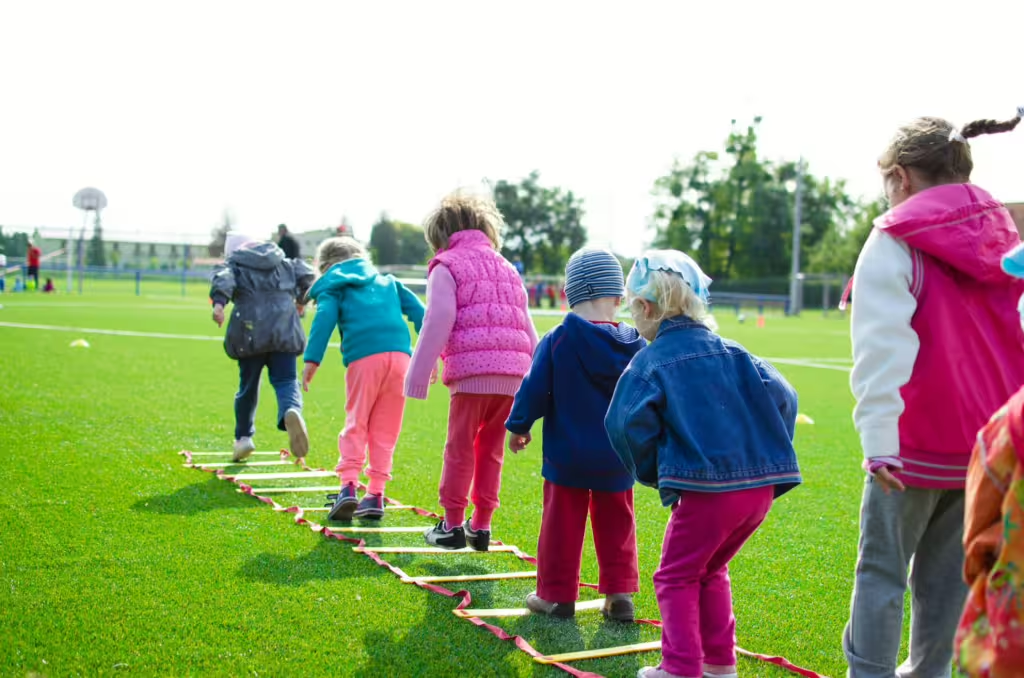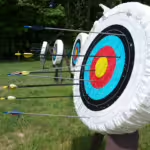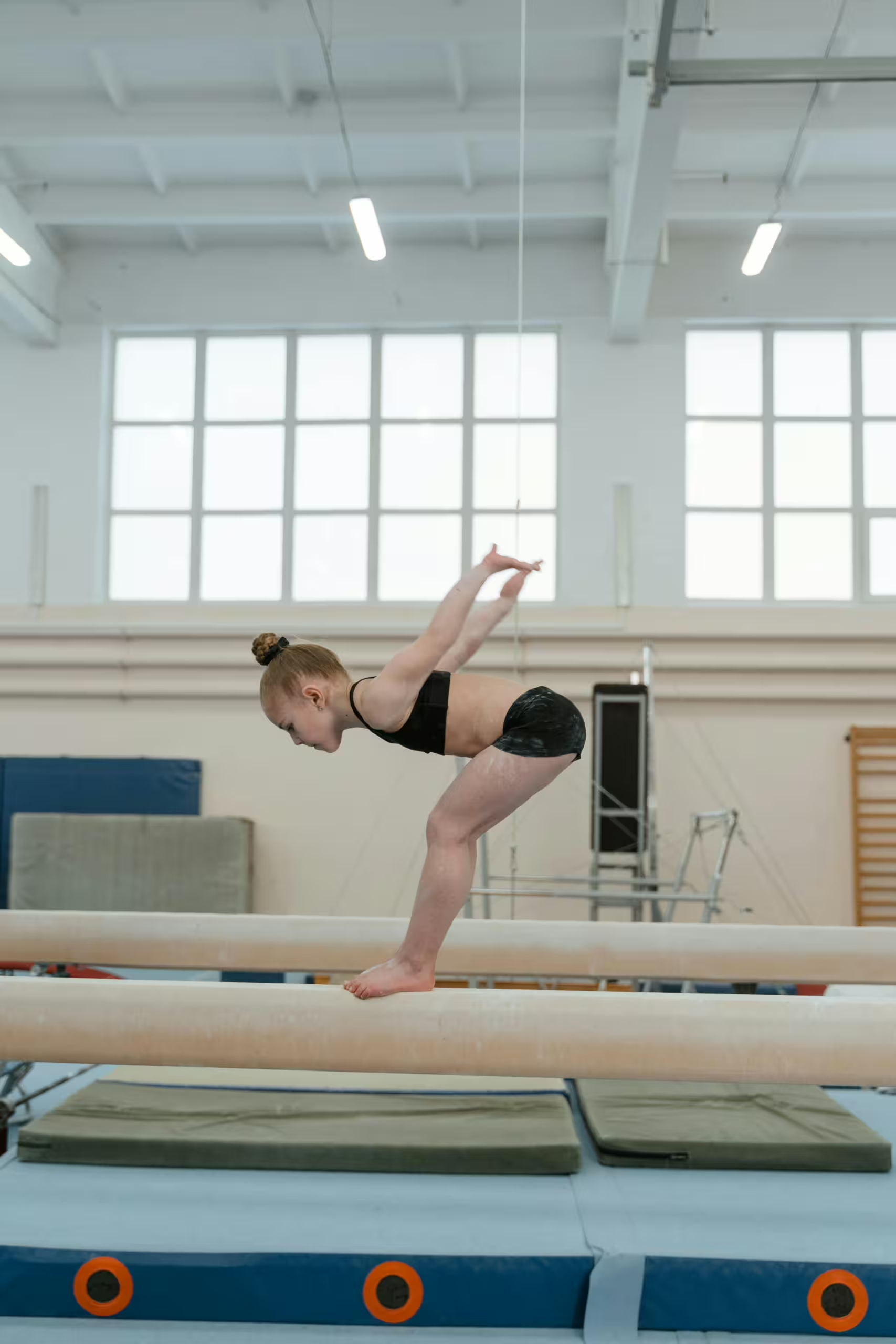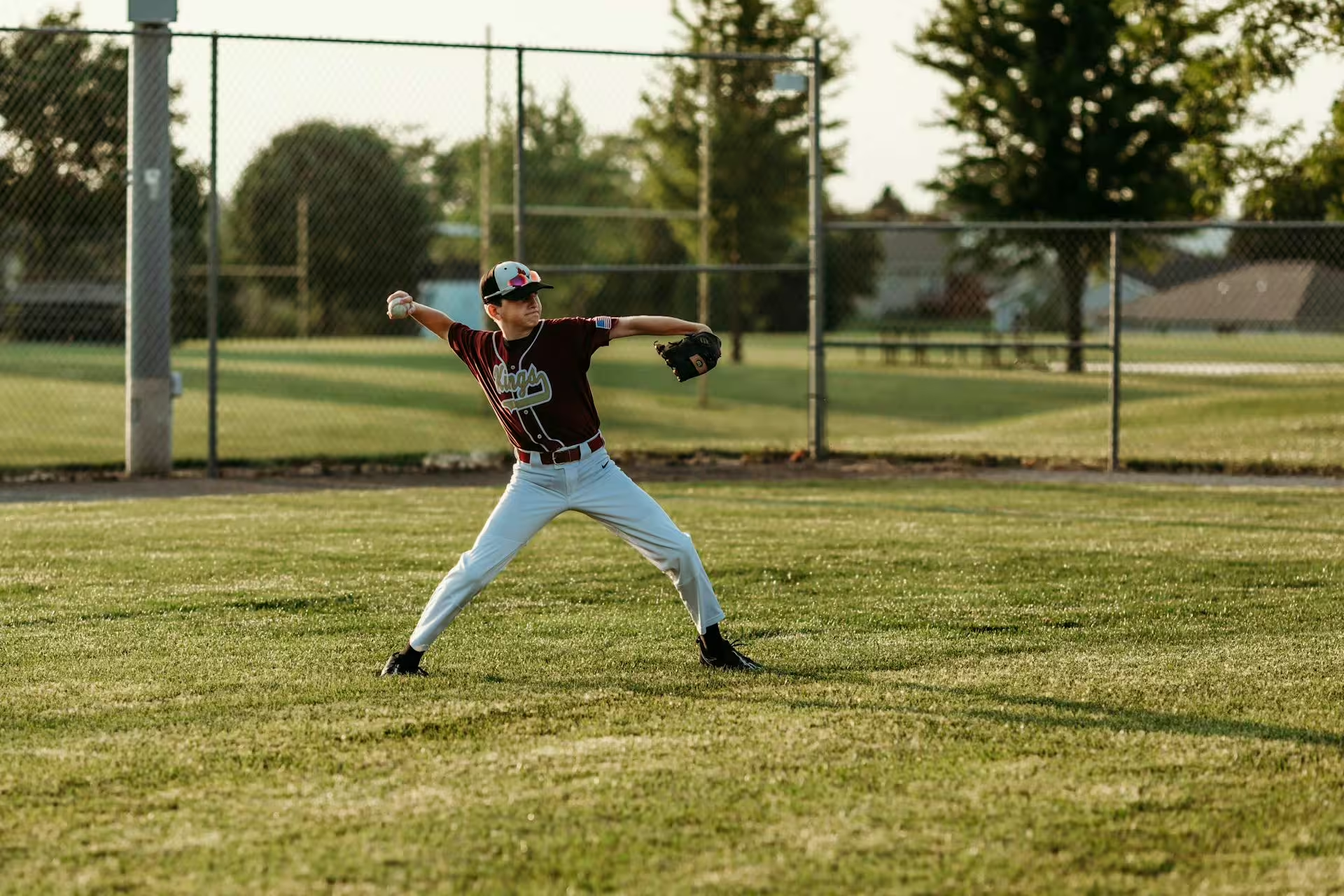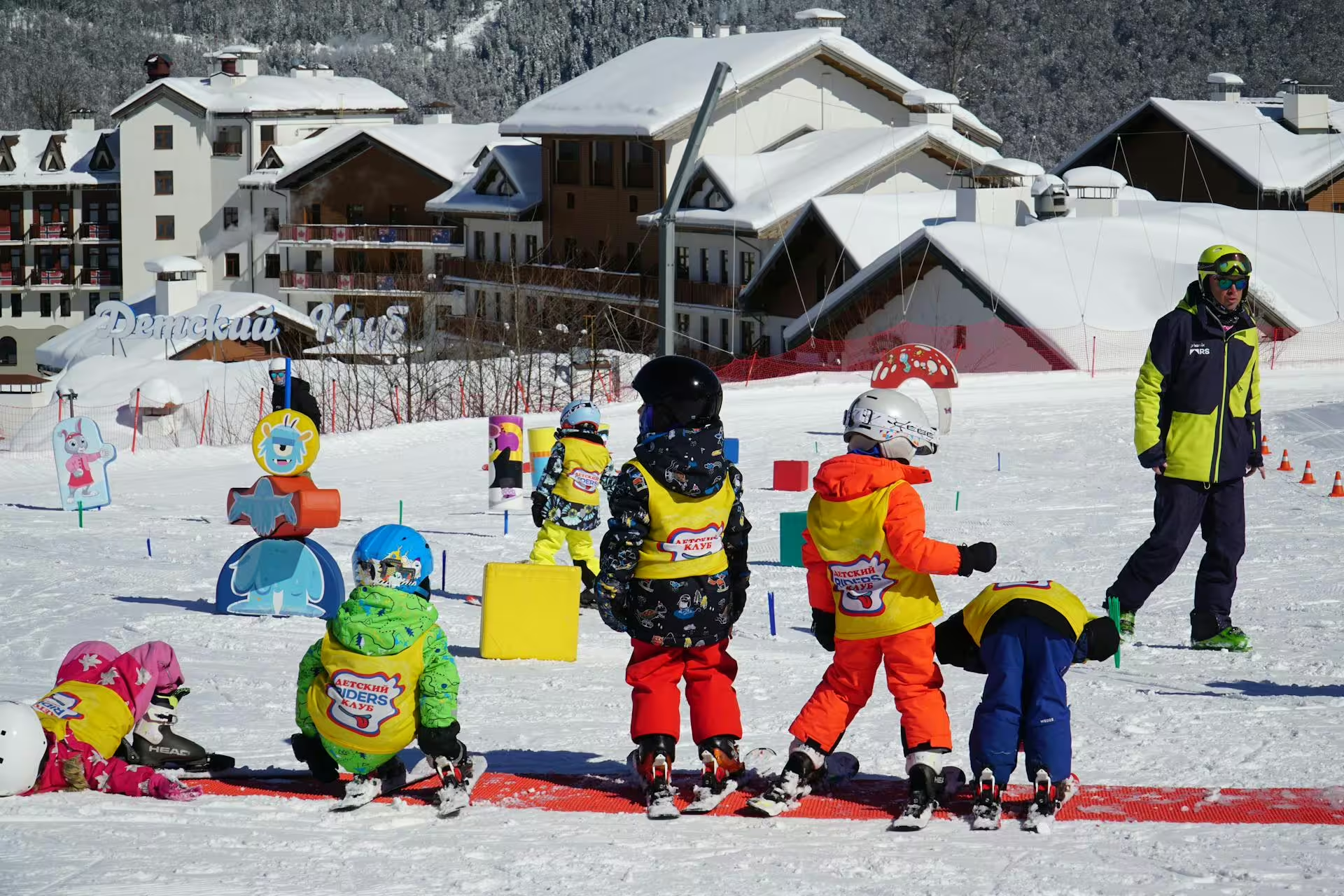The old adage “practice makes perfect” might seem a bit hackneyed these days, but of all the platitudes and idioms attached to sports, this may the most poignant. It is a mortal truth, something proven true with each new generation of athletes. And yet, there is a degree of fallacy in the prose. Perfection, while quantifiable in some measure, has a host of different meanings to different people. Sure, you can bat the perfect baseball game or get a perfect gymnastics score, but the definition of perfection is not indelibly etched in numerical value; it lies in our own goals and expectations for ourselves.
When it comes to sports, every kid has big dreams about being great, the star of the game, maybe even world-renowned. Others, think only of scoring goals, making incredible passes, or hitting that perfect landing. This is the point, perfection is relative. Practice, however, is paramount. If you want to know what separates good athletes from great ones, you need only look into how those athletes practice. Being a good athlete isn’t just about raw talent or random luck—it’s about practice, and even more importantly, consistent practice.
The true measure or one’s athletic skill often comes down to consistency. Practice is the art of consistent repetition of a skill, which is what allows young athletes to build up those skills in such a way that they become natural to perform, even in the heat of the moment. Thus, practice is the secret ingredient to mastering any sport. It’s what turns small efforts into big results over time. In this article, we will explore why consistent practice is so important in this way. We will learn how practice leads to progress, and finally, we will touch on some tactics that young athletes can use to stay committed to their goals.
Why Practice Matters in Sports
One of the most important things to tell your kids is that every athlete, no matter how skilled, famous, or ground-breaking, started as a beginner. Michael Jordan, Serena Williams, Lionel Messi, and Simone Biles began their illustrious careers tripping, falling, fouling, and losing just like the rest of us. These people didn’t become legends overnight—they practiced tirelessly and consistently to reach their level of excellence.
Building Skills Through Repetition
- Practice forces athletes to repeat skills over and over until they become second nature. Whether it’s dribbling in basketball, kicking in soccer, or perfecting a gymnastics routine, repetition is the key to long-term improvement.
- Have your child think of practice like planting seeds. Every time they work on a skill, they are helping that seed grow into something bigger; something even more impressive.
Creating Muscle Memory
- Muscle memory is an interesting notion. It happens when our bodies learn to perform movements automatically, without having to think about them. This is part of why practice is so important in sports, which an almost entirely physical activity.
- For example, a tennis player doesn’t have to plan every swing because their muscles “remember” the correct form from hours of practice.
Why Consistency is the Key to Progress
While it’s true that practicing once in a while might help a little, the real key to long-term success in sports lies in consistent practice. Only consistency can create lasting improvement. Here’s why staying consistent is so important:
Small Steps Add Up
- Kids might not realize it right away but progress doesn’t happen all at once. True progress is made up of small steps over time. It’s important to impart this fact to them right from the start. This way they will learn the value of practicing a little bit every day and begin to see results. This methodology is far more effective than practicing once a week or so.
- A good exercise is to have your child think of it like climbing a staircase. Each practice session is another step forward, and the more steps they take, the closer they get to their goal.
Avoiding Setbacks
- Inconsistent practice could lead young athletes to lose some of the skills they’ve worked so hard to develop.
- Consistency, on the other hand, helps keep a kid’s progress steady and prevents the frustration of having to start over from scratch.
Building Discipline
- Regular practice teaches children about the value of discipline and responsibility. Showing up, even when it’s tough, helps kids develop habits that will serve them both in sports, and later in their professional and personal lives.
The Science Behind Consistent Practice
Many people are not aware of this, but there is a certain science behind the efficacy of consistent practice. For instance, did you know that a person’s brain and body change when they practice consistently? Here’s how it all works:
Strengthening Neural Pathways
- Every time your child practices, their brain builds and strengthens their neural pathways. Those pathways are essentially highways that connect our brain to our muscles.
- The more a person practices, the stronger these connections become. This is why movements end up becoming faster and more precise with repeated practice.
Improving Physical Fitness
- It isn’t just the brain and its connections that become stronger when a young athlete engages in regular practice. Consistent practice keeps the body in shape, improving strength, endurance, and flexibility with each repeat session.
- Over time, our bodies adapt to the demands of the chosen sport. This allows athletes to perform better and avoid injuries while playing.
Building Confidence
- As a child practices and improves, their confidence grows. Playing their sport becomes a sort of second nature; something they no longer need to overthink or worry too much about. At the same time, knowing that they have put in the work helps young athletes feel ready to face any challenges that might arise during games and competitions.
How to Stay Consistent with Practice
By now, you are keenly aware of the benefits of staying consistent when it comes to practice, but life can get busy and messy at times, so staying consistent isn’t always as easy as it sounds on paper. Scheduling time to practice every, single day, even several times a week can be tough, especially with school, friends, and other activities competing for yours and your child’s time. Fortunately, we have compiled some tried and true tips to help you and your kid stay on track:
Set Specific Goals
- No matter what your child is trying to achieve in sports, its imperative that they have a clear goal about what they want. Having a clear goal gives kids something to work toward and intention has been a main tenant of meditative practices for thousands of years. For example, “I want to improve my free-throw accuracy to 80%” is more motivating than just “I want to get better.”
Create a Schedule
- Help your child to keep a schedule of how much they want to practice. Planning their practices ahead of time and helping them to stick to a regular schedule can go a long way into developing consistency. That’s right, by practicing consistency, one can become even more consistent!
- Also, remember that every little bit counts. Even 15–30 minutes a day can make a big difference in the long-run.
- Help your child to learn to treat practice like an appointment that neither you or they can afford to miss.
Make It Fun
- Be sure to incorporate games and challenges into your kid’s practice sessions so that you can keep it exciting.
- Have your kids practice with friends, siblings, or teammates whenever possible. If those people aren’t around, then pick up a mitt or lace up your own sneakers to join them. Doing this will help children stay motivated and make the very act of practice into a social activity.
Track Your Progress
- If you need to, start a practice journal for your child to use. If this is too analog, look for an app that can help them to track their improvements. Seeing how far they have come from the start can be a great motivator for young athletes.
Celebrate Small Wins
- Whether it’s a little step or a big one, try and celebrate every achievement your child makes while trying to meet their goal. Remember that progress takes time, and every step forward is worth recognizing.

Overcoming Challenges to Consistency
Outside of the other commitments and such that might take a child away from their normal practice routine, there are other common challenges that kids might have to deal with.
Feeling Tired or Unmotivated
- Some days will see a kid not feeling their best, on those days, it’s important for parents to help remind themselves of their goals.
- Remember, even a short, light practice session is better than skipping entirely.
Balancing Other Commitments
- We all know that school, homework, and family time are just as important as time on the sports field, so it’s important that kids learn to manage their time wisely.
- Remind kids to prioritize what’s most important and find a balance that works for them.
Facing Frustration
- Progress can often feel quite slow, especially when you’re a child, so it’s normal for them to feel frustrated from time to time. Be sure to remind them that setbacks are part of the process and nothing to be ashamed of.
- If your child is feeling overly frustrated, remind them that they can always talk to a friend, coach, or even yourself if they need encouragement or just someone to talk to.

How Coaches and Parents Can Help
For young athletes, having support from coaches and parents can make a great deal of difference when trying to stay consistent. That’s why you, as parents, are so essential to their success.
Encouragement Over Pressure
- Coaches and parents should focus on encouraging effort and improvement. Winning and “perfection” should never be the main motivating factor.
- Always remember the power of positive reinforcement. This simple concept helps kids stay motivated and keeps them enjoying the process.
Providing Resources
- Ensure that your kids have access to all the proper equipment, facilities, and guidance they require.
- Habing your kid join a team or club can provide them with structure and accountability for practice.
Recognizing Progress
- When your kid succeeds in any way, make sure to celebrate those milestones and acknowledge their hard work. This reinforces the value of consistency and effort and will keep them going.
The Power of Habits in Sports
Consistency in practice often comes down to building good habits. Kids should start small and build up those manageable practices into more challenging ones as they begin to show improvement. There are a number pf pre-practice habits they can build up over time, as well, such as warming up with exercise or even just putting on gear. These small rituals can signal the brain that it’s time for practice to begin. Above all else, help your kids stay positive.
The Role of Rest and Recovery
Let us be clear, consistency doesn’t mean just practicing nonstop. Kids need to rest and recover just as much as professional athletes, probably more than those adult athletes, actually. Overtraining can lead to fatigue and accidental injury, so make sure your child takes breaks when needed to replenish their body and rest their mind. Also, kids need to get at least 7-9 hours of sleep a night. This will help their muscles recover and keep them renewed for the next day’s practice. Finally, help your child to recognize the signs that their own body is trying to tell them. If they are feeling too tired, then they should maybe focus on lighter activities for a few days til they bounce back.

Cultured Athlete Says…
Remember, consistency and practice are the secret sauce behind every successful athlete. Kids may not know this at first, but the truth is, success in sports has never been about being perfect every time. This also means that they don’t have to be perfect at every practice, all they have to do is show up, put in the effort, and trust the process. With dedication, patience, and a commitment to consistent practice, their progress will be inevitable.
Discover more from CulturedAthlete
Subscribe to get the latest posts sent to your email.

